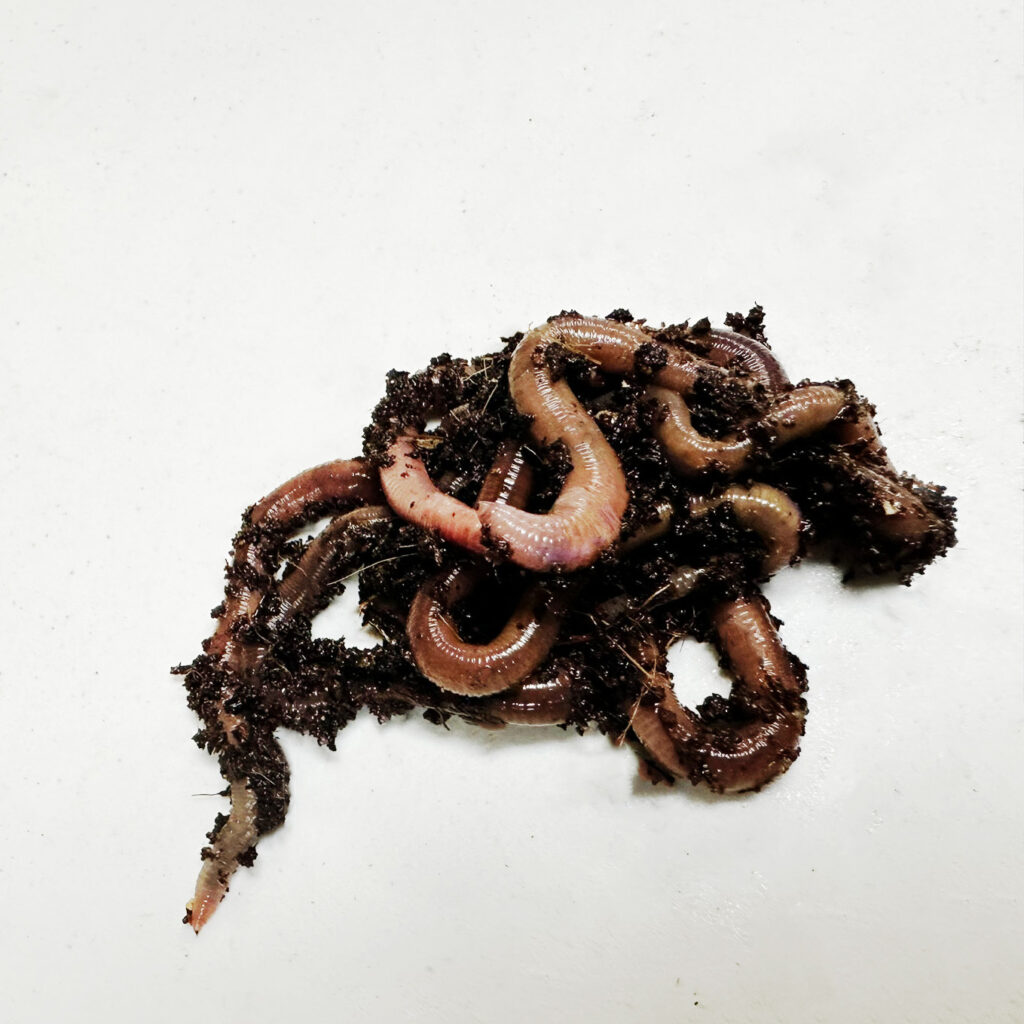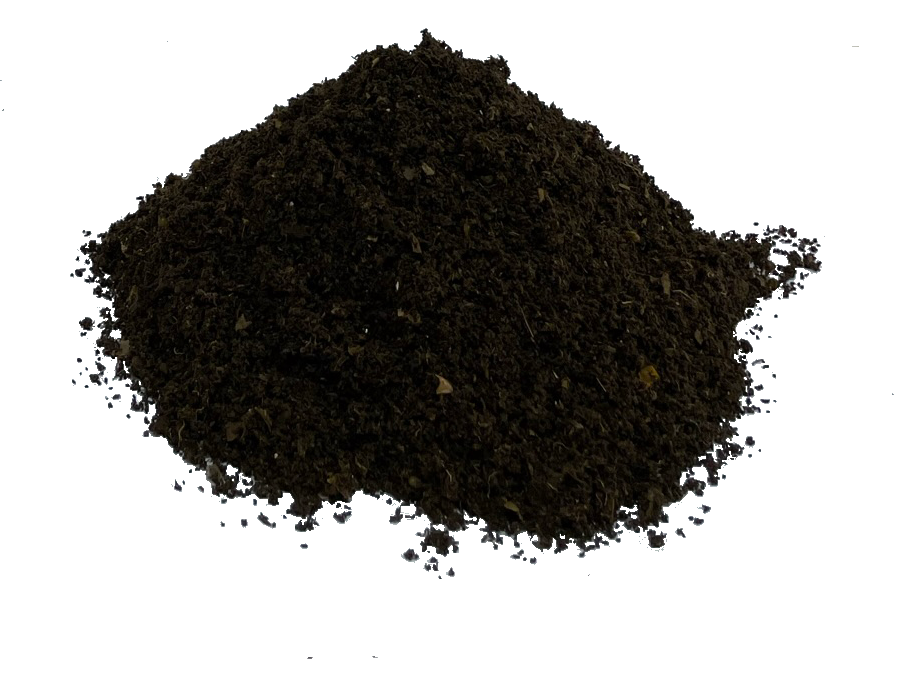
African Nightcrawler (ANC) (Endrilus eugeniae) worms are becoming more widely known in the worm world! Their impressive size, rapid reproduction rate, and ability to quickly transform compost make them an excellent choice for vermicomposting, especially for those who are interested in a worm that is large enough to use as fishing bait or to feed for other pet critters such as reptiles, frogs, axolotls and more. In this post, we will explore some of the differences between ANC and other worm species and offer some tips and tricks to allow you to successfully raise them.
African Nightcrawler for vermicompost
Firstly, let’s discuss why ANC are a great option for vermicomposting. They are known as processing machines because they can consume organic waste faster than other species. They can eat up to half of their body weight per day, which is helpful for composting larger amounts of waste. Their ideal temperature range is 18-32°C, which is higher then other vermicomposting worm species like red wigglers. They are less tolerant of lower temperatures, so having them outside in colder seasons in Canada is a particular challenge.

ANC castings are very nutrient rich and granular, providing plants with essential nutrients. Their castings help improve soil structure and function, allowing for improved water retention. Like all vermicompost, a little goes a long way and ANC castings are easily distributed widely in extractions and teas.
African Nightcrawler for fish bait
African Nighcrawlers are also a great option for fishing bait. First, let talk about what most fishing folks in Ontario are used to getting when they buy dew worms for fishing. Canadian Nightcrawlers are the standard-issue dew worm sold for fishing bait in Ontario. These worms are a distant cousin to the types of worms that are kept for vermicomposting and don’t easily live and reproduce in captivity. They need deep soil and low population densities, making breeding them quite challenging.

ANC live and reproduce easily in captivity and happily feed on food waste. They get as long as 7 to 10 inches and are lively on the hook. They have a purple sheen that make them particularly appealing to fish. Moreover, their wriggling and swimming motion when in water is highly attractive to fish. Not only are they more substantial, but African Nightcrawlers are also more durable, making them cost-effective. Raising your own ANC ensures that you’ll always have a fresh supply of worms.
African Night Crawlers are perfect for feeding critters, baiting fish and vermicomposting. They are efficient, durable . They are larger than most vermicomposting worm species, making them ideal for catching bigger fish, and they have a longer lifespan. African Nightcrawlers are an excellent addition to anyone’s home garden or tackle box. With the tips we’ve shared, you can get started raising them and reap the rewards of their hard work. If these critters seem like the best option for you, buy HERE.
